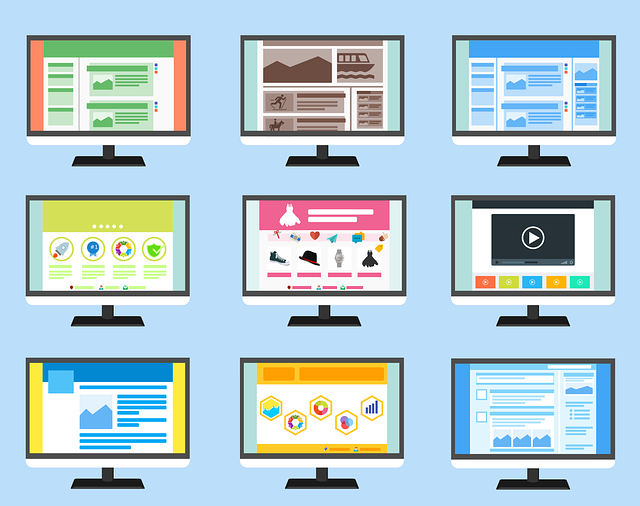We talk a lot about offsite SEO. But do not underestimate the importance of a proper web hosting partner if you want to rank high in Google search. While you concentrate on the on-page SEO factors like keywords selection, LSI, silos, and architecture, and off-site factors like backlinks, don’t overlook the hardware optimization part. You need to select your hosting partner prudently to get a boost in the rankings.
In this context, consider these underlying points while searching for a web host:
- Page loading speed is one of the most important aspects of onsite SEO. If your page loading speed is slow, say above 600 ms, your page will face more misses than hits. It will face page “bounce,” which will bring down your ranking considerably—like the way your default pulls down your credit score. Nobody wants to wait for more than 3 seconds for a page to load. Loading time at an average of 450 ms is the best. You can use Pingdom to check the loading speed of your website. You can also try Google Page Insights to measure the loading speed of your website. Please note that slow loading speed does not test the patience of only your visitors, but also that of the Google spiders. When they find that the server is responding erroneously or slowly, they reduce the crawling rate to reduce load on the server. This leads to slower indexing of that site and an instant downgrade in ranking.
- Unless you invest hundreds of dollars in DMCA’s professional protection, your website will get copied by someone else. However, if your hosting server is ultra fast, Google spiders will crawl and index faster. If your site is indexed faster than the copy, the rogue website will be treated as a duplicate by the search engines. However, if the thief website is indexed faster than yours, you will become the duplicator. So the page loading time of your site host is extremely important.
- Another no-brainer: the “page uptime.” Choose a web host who provides uptime between 99.7% and 100% consistently. Take advantage of historical data from review sites to find out the average uptime of different hosts in the preceding 10 months. Do not consider any host whose average uptime is below 99.5%. Not being able to view your site when you need it most (say, back office in the middle of the night) will drag down your ranking and audience.
A word of advice: If you are professionally hosting on WordPress, one of the most popular CMS, use Managed WordPress Hosting. Almost every big hosting company has separately Managed WordPress Hosting plans, and there’s perfect logic for this.
If you want to run a professional website with heavy graphics, frequent data inflow-outflow and updation, sensitive customer data, and frequent data retrieval and storage operations, not having managed WordPress hosting is a surefire way to disaster.
In managed hosting, the hosting provider takes care of server maintenance, acts within seconds to migrate/restore the site in case of emergency, and protects your space on the server from DDoS, malware, Trojans, and phishing attacks.
In managed plans, you get premium support in the form of live chats or phone calls answered within 5 minutes when you face one of the inevitable problems that arise from managing your site.
In short, Managed WordPress Hosting will allow you to concentrate on improving the front end GUI and contents of your website. It will let you add, delete, or update data which is critical to the core business (after all, you are not an IT professional who has created the website on WordPress to experiment). The back end, (which you do not need to understand) will be managed efficiently by a group of hardware and software experts (managed hosting engineers) to provide your customers with a pleasant, fast, responsive, and uninterrupted website experience.
Does your web host provide a content delivery network (CDN) at economical rates? If so, go for it. CDN will not only increase the loading speed manifold but will also take care of sudden spikes in traffic. In CDN, a cached copy of your site is stored in locations having maximum hits. This cached copy is a mirror image of your site’s front end without the heavy back end data. Any time an access request comes from a distant site, the cached image already stored in the target area is delivered without latency.
For consistent rankings, you never want to display a hacked site. Time consumed in rebuilding your site after a server attack drops your site from the first search page to the second or third. That is bad for both the general public and advertisers. To fight back after a vigorous (say, DDoS) attack, choose a web host who incorporates daily automatic backups in an economic plan.
Last but not least, your web hosting provider should provide protection against DDoS, remove malware automatically (more so for WordPress-based sites where malware in plugins is not unheard of). It should provide a firewall and worm attack protection even in the basic package.

